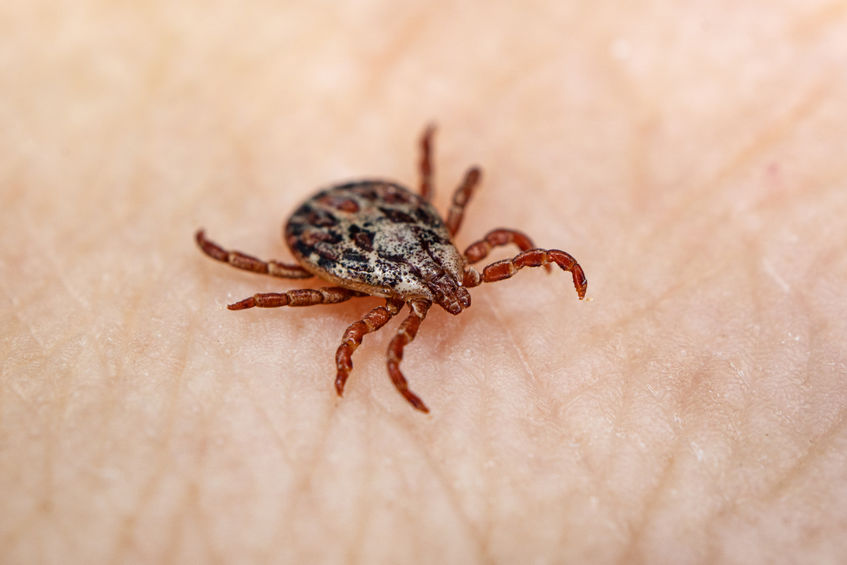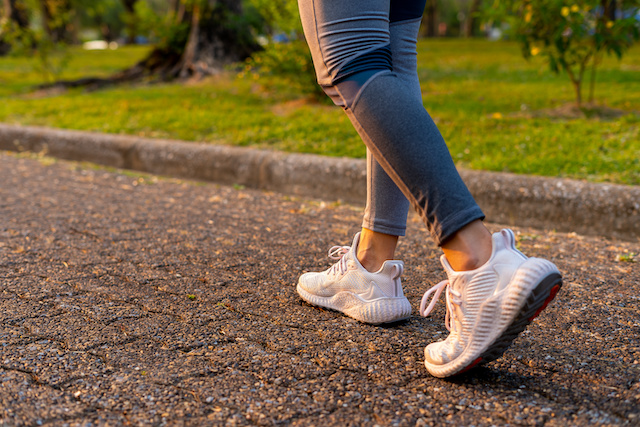Mood can be addressed with a number of supplements while focusing on a healthy diet and getting enough sleep. Here are some of my favorites.
Probiotics
The gut proves again that it is the beginning of healing. Probiotics are very specific, and I would recommend ProbioMood by Pure Encapsulations. Researched strains that show improved mood are important, and all probiotics are not created equal.
Vitamin D3
Our mood has been unequivocally associated with Vitamin D3 levels. Getting our levels above 50 ng/dL is essential for good mental health. Doing this with a trusted source is important, as very few over-the-counter supplements do this right, as such a minute amount is required and easy to get wrong.
Fish Oil (EPA/DHA)
Fish oil works on a lot of important processes in the body but maybe none as important as brain health and mood. Getting the right kind is important. It is suspected that a large majority of Americans are deficient in this essential nutrient for mood.
Lithium
This is one of my all-time favorites when addressing mood with trace mineral amounts like 5-20 mg a day. Lithium has numerous positive effects, but the brain and mood effects are amazing, as my blog points out. This is a no-brainer for most people and has been helpful even with people on anti-depressants.
Amino Acids
These are the precursors of our feel-good neurotransmitters, serotonin, and dopamine. 5-HTP is a direct amino acid precursor to serotonin and bypasses a genetic issue in a lot of people that prevents tryptophan from converting to serotonin. Take 5- HTP with a meal. L-Tyrosine helps make dopamine which improves energy, focus, and mood. Take L-Tyrosine away from meals.
Magnesium
A randomized controlled trial published in PLoS ONE in 2017 reported that magnesium supplementation improved symptoms of mild-to-moderate depression in adults, in a similar range as what is seen with the use of antidepressant medications. Although a small study, it will only help per my clinical experience and I use PowerMag, 2-3 a day.
B-Vitamins
Having activated folate and other B-vitamins is essential as the body can immediately use them in the essential process of making neurotransmitters. I do this with a good multivitamin, like PureGenomics Ultramulti, which has lithium, vitamin D3 (4000 IU), and magnesium as well.
Addressing past trauma through counseling, sleep, diet, stress, and exercise is also essential as you cannot supplement your way out of a poor lifestyle, but it can help to give you more leverage to improve your mood.







